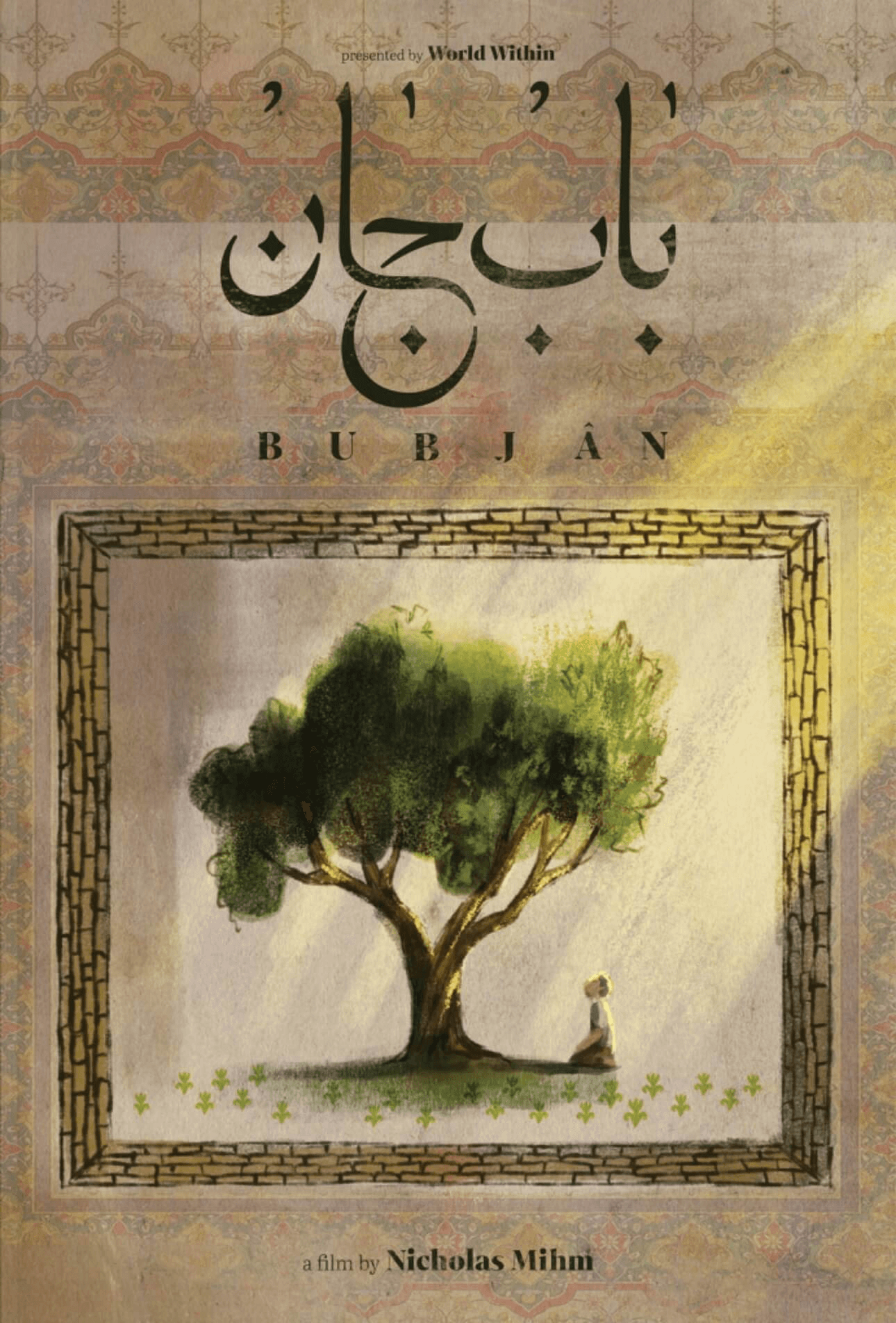
BUBJAN
Bubjan’ chronicles the journey of Parwiz Zafari, a former member of the Iranian parliament who dedicated his life to cultivating a progressive, modern, and free society in Iran.

About Bubjan
About Joonam
Synopsis
Synopsis
Synopsis
The Team Behind
The Team Behind
The Team Behind
Download
Companion Guide
Download
Companion Guide
Download
Companion Guide
Recognitions
Recognitions
Recognitions



Keep the
Sun Rising
Your support helps Nimruz bring bold ideas and vibrant visions to life. Every contribution keeps the vision growing and the work reaching more people.
DONATE NOW
Keep the
Sun Rising
Your support helps Nimruz bring bold ideas and vibrant visions to life. Every contribution keeps the vision growing and the work reaching more people.
DONATE NOW
Keep the
Sun Rising
Your support helps Nimruz bring bold ideas and vibrant visions to life. Every contribution keeps the vision growing and the work reaching more people.
DONATE NOW